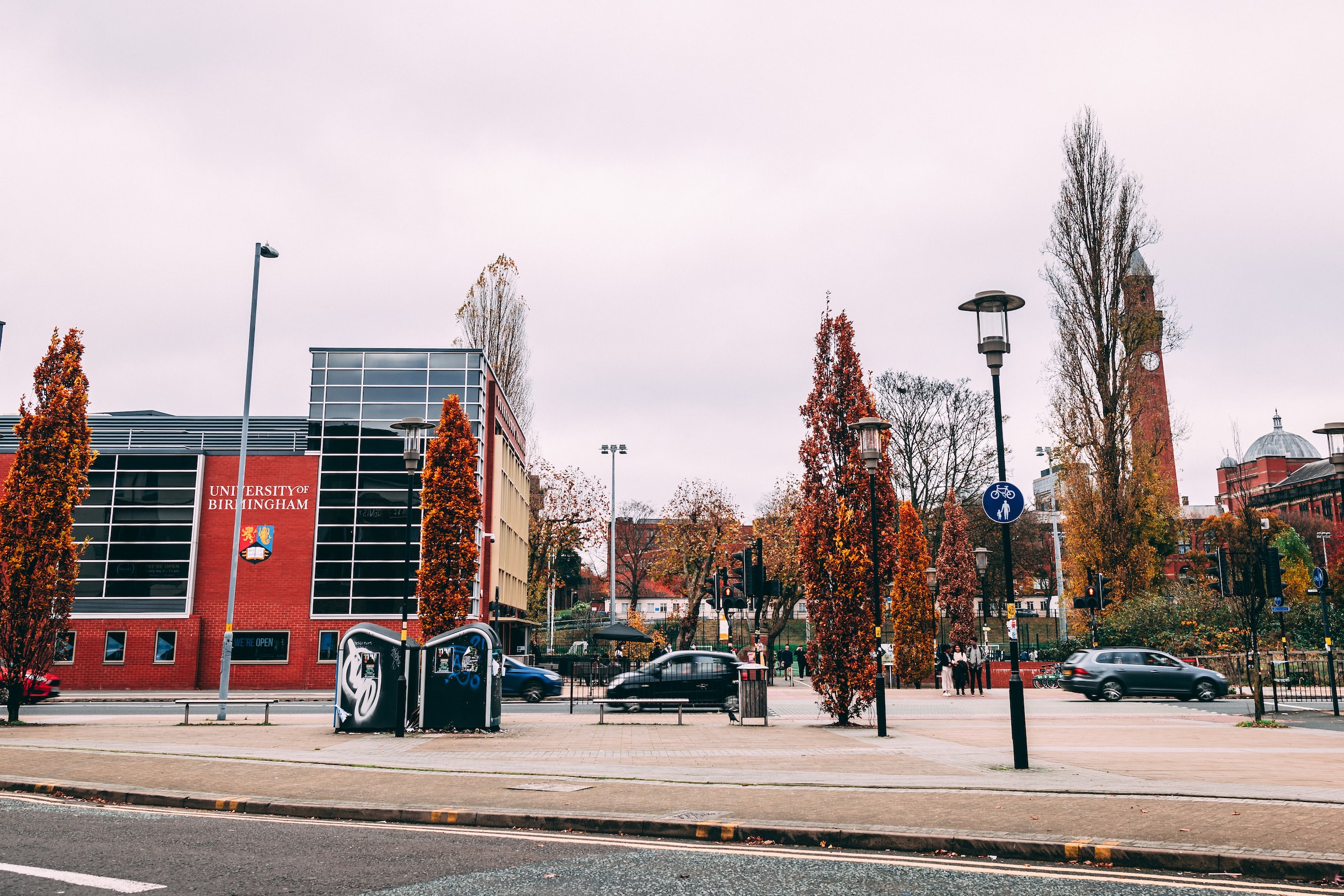
Deputy Editor Cat Osborne interviews Jen Ridding, Head of Public Engagement, and Kirsty Clarke, Student Engagement Coordinator at the Barber Institute, on how the gallery will safely reopen while still offering online workshops to students
The Barber Institute of Fine Arts is planning to reopen its galleries to the public on the 23rd September. I had the opportunity to speak to Jen Ridding, Head of Public Engagement, and Kirsty Clarke, Student Engagement Coordinator, about how this will work.
Like most other cultural venues, the Barber Institute will operate via a booking system. Visitors can book their free tickets online through Art Tickets, a service provided by Art Fund. A booking system allows the Barber to manage capacity to enable safe social distancing and adhere to Test and Trace requirements yet still offer access to their collection. There is the option to visit the galleries alone or in one’s social bubble.
The Barber will be open from Tuesday to Sunday, with Monday being closed to allow the institution to reassess processes as it transitions back.
A simple cloth or disposable face mask is all that is required
the team wants to create a Covid-proof experience where visitors can take a long-awaited cultural break from the hassles of everyday life
For the remaining months of this calendar year, the Barber will not be offering group activities or live concerts. Ridding explained that ‘the learning programmes are remaining online to ensure the safety and wellbeing of our community.’ The team at the Barber will continue to amend their programme in correspondence to current government guidelines.
There will still be plenty of opportunities to engage with the Barber because Barber Home will run for the foreseeable future. Barber Home allows the Barber to adapt to an online platform and provide intriguing new ways for visitors to interact with the collection. For instance, to celebrate Pride Month Barber collaborated with CineQ for a watch party that focused on the androgynous figure in the Barber’s ‘Reclining Nymph’, painted in 1519 by Domenico Beccafumi.
The institution will continue in its support for the local area by relaunching Recovery Art and providing art resources for schools. Ridding stressed the importance of recognising digital poverty and explained that the Barber offers physical art packs for members of the community without internet access.
Barber Home will be running creative workshops for students on 22nd and 24th September via Zoom
Entering into a different academic year, Clarke urges students to visit the Barber for a cultural escape, whether in person or online. If you are looking for a way to become more involved this year, Clarke suggests ‘ask your lecturers to engage with the collection, follow the Barber on social media and offer feedback to the Barber about what you want the institution to offer for students.’
Reflecting on the previous six months, both Ridding and Clarke stressed the importance of resilience in Birmingham’s artistic community. When creating online materials, Clarke explained that the Barber wanted to ‘showcase underrepresented stories.’ Ridding aims to continue pursuing the accessibility of the collection online and ‘the democratisation of culture and art.’
The government lockdown has been a testing time for the arts community, but the team at the Barber has gained valuable lessons from it and looks forward to welcoming visitors once again this September.
If you are interested in getting involved with the Barber this academic year, visit the website to book your slot and check out their Welcome Week project here.
Read more articles about the Barber Institute:
How is Lockdown Altering the Barber Institute?: An Interview with Jen Ridding
Comments